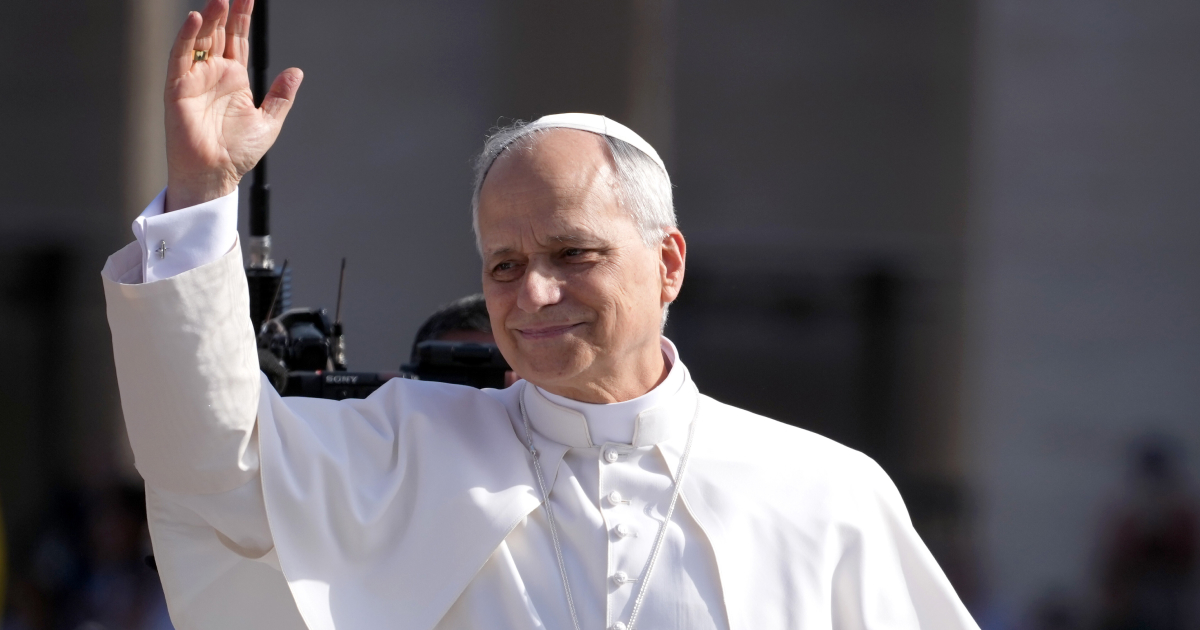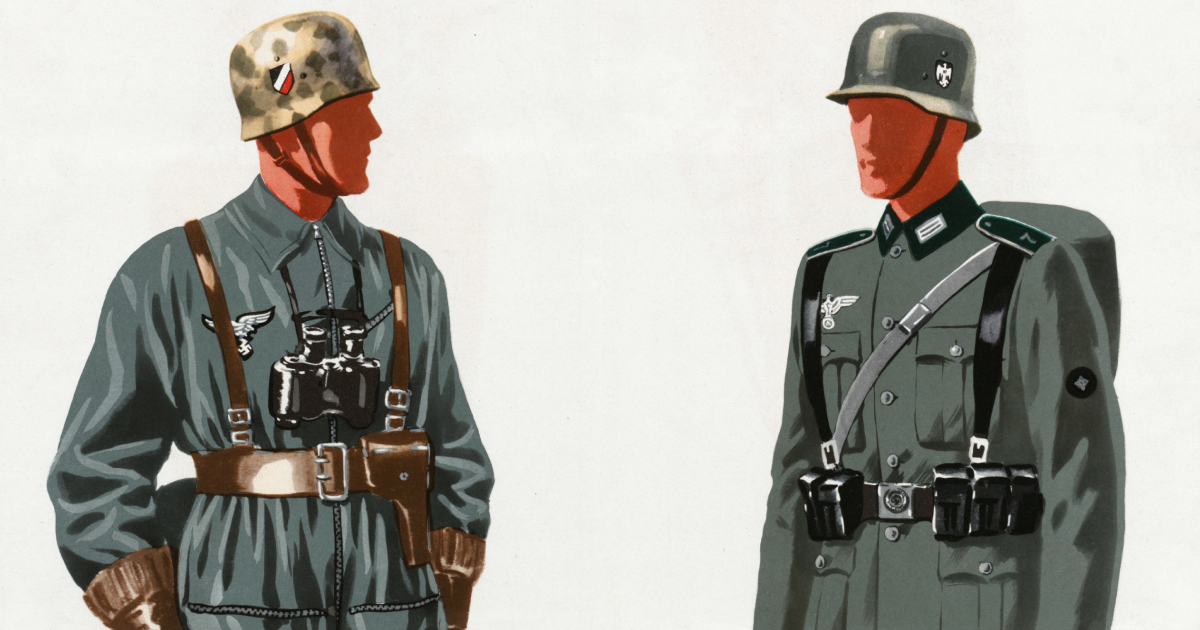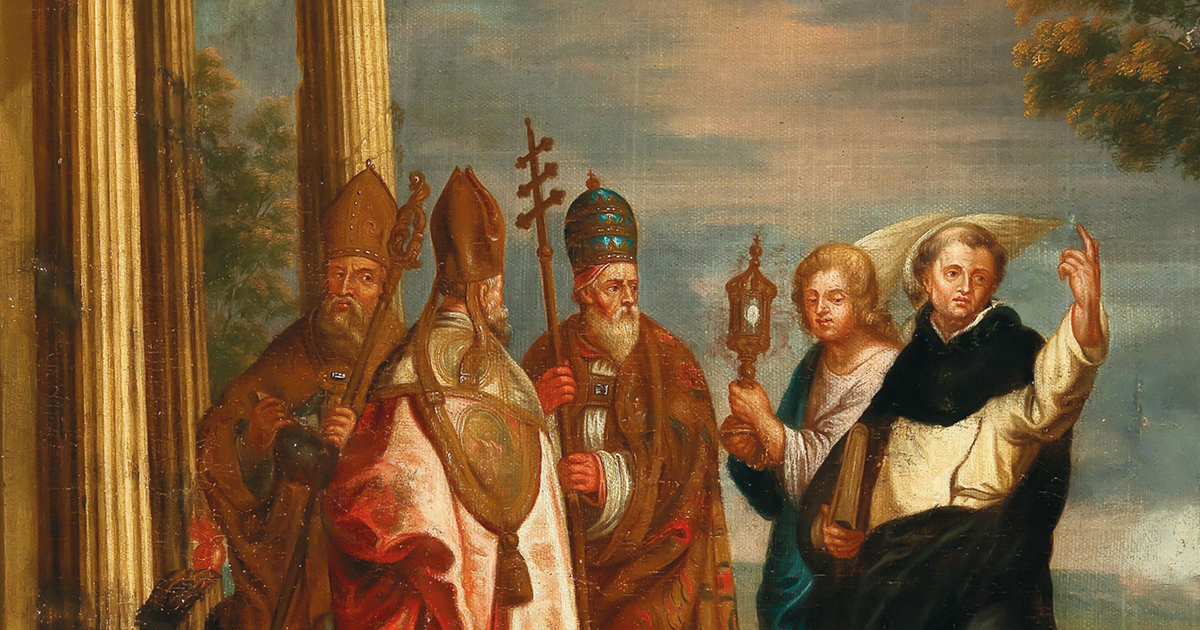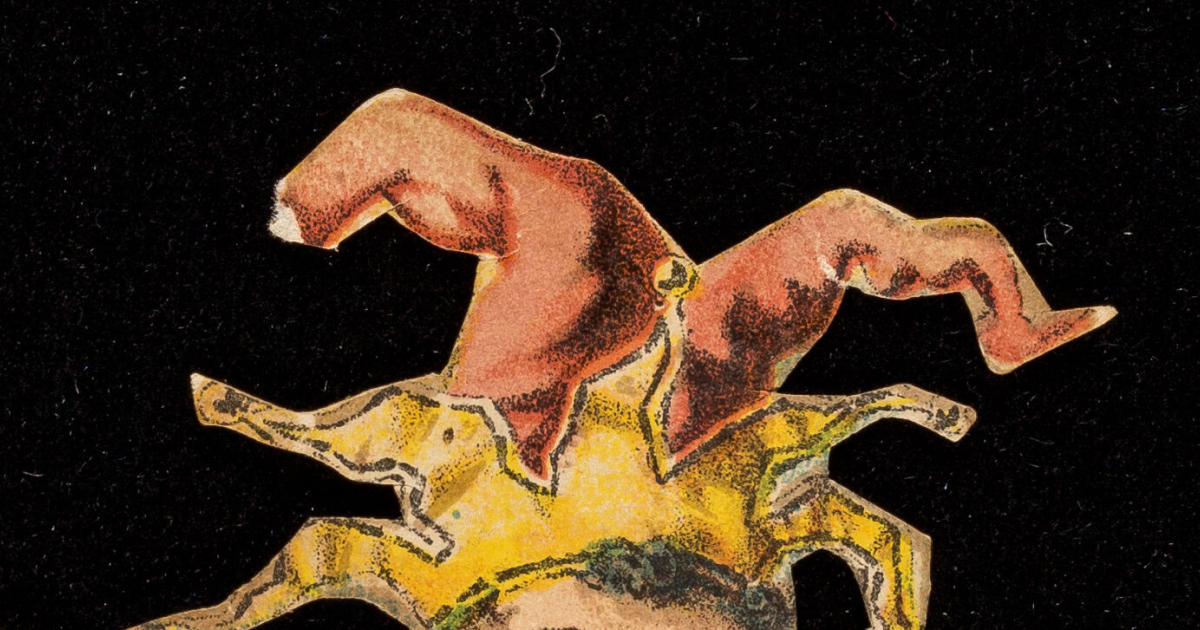In the United States, opinion polls consistently suggest that to identify as Catholic is not a reliable predictor of one’s favoured political candidates, nor of positions on public policy and social issues. Opinions of Catholics tend to skew across the spectrum of concerns similarly to the general population. For example, a 2024 poll by the Pew Research Center asked Catholics and non-Catholics about their positions on abortion. When asked whether abortion “should be legal in all or most cases”, 62 per cent of all US adults answered affirmatively, compared with 61 per cent of Catholics. These positions on abortion tend to align with the political affiliation of Catholic voters. In the 2020 presidential election, among all voters the split between the two parties was 51 per cent for the Democrat ticket and 47 per cent for the Republican candidate. Among Catholics, the split was 50 per cent to 49 per cent. These data suggest that moral and political decisions are based less upon Catholic teaching and more upon partisan loyalty.
A number of hypotheses may account for this phenomenon. It may indicate, for example, that at least for some Catholics, the Church’s teaching seems to have little or no relevance for the formation of policy or political positions. Alternatively, these polling data may suggest that neither major party represents positions that are fully consistent with Catholic theology, and thus the Catholic voter must make hard choices. If this is the case, it might be argued that American Catholic voters choose the candidate that respective voters feel more consistently articulates policies that are consistent with Catholic faith. Or these data may indicate that some Catholics are simply not in agreement with some of the Church’s moral positions, and thus vote with their private consciences. Finally, at least some of these respondents may have been baptised as Catholics, and thus still identify as such, but have long since abandoned any pretence of practising the faith.
Broadly speaking, these are some of the central considerations at issue in an excellent new book about the American Catholic experience, True Confessions: Voices of Faith from a Life in the Church (Ignatius Press, 2024), by the journalist Francis X Maier. The book is a collection and distillation of 103 interviews that Maier conducted over about 17 months, from December 2020 to May 2022. While limited neither to Catholics nor Americans, the vast majority of the interviewees are Catholics: lay, ordained, and consecrated. Nor is the subject matter limited to political or public policy matters. While these things seem always to be in the background, the topics cover a broad range of issues that are important to Catholics trying to make sense of their faith across a spectrum of issues and perspectives. The interviews do not resolve the alternatives listed in the paragraph above, but they provide rich context for trying to think through them.
Maier has had a long career in journalism and ecclesiastical administration, the cumulation of which makes him uniquely qualified to conduct the interviews and write the book that has emerged from them. He has served as editor-in-chief of National Catholic Register, and his work has appeared in the Wall Street Journal, First Things, America, and the New York Times Magazine. For 23 years, he was chancellor and special assistant to Archbishop Charles Chaput, and he is currently a senior fellow in Catholic Studies at the Ethics and Public Policy Center in Washington, DC. His interviews show the head of a journalist and the heart of a churchman.
Maier is not concerned with scoring points or carrying out an agenda. Rather, True Confessions is a dispassionate effort to probe the hearts and minds of his interlocutors. His questions are lucid, sympathetic and insightful, eliciting candid answers that demonstrate the trust he inspires in the people he interviews. This is acutely demonstrated in my favourite chapter, “Special People”. Here, he interviews the parents of children with special needs, focusing on the promise and challenge of such people within the Church. As the father of a now grown man with Down syndrome, Maier is at his best in these interviews.
Each of the chapters of True Confessions is prefaced by a short essay by Maier, introducing the particular issue to be discussed. He does not spare the Church by excising responses from people who have been wounded by or in the Church, whether by misguided policy or the fragility of her members. This transparency is not simply an admirable quality of the book. It is a timely reminder that we all have much to learn, and much about which to pray. This includes how we Catholics interact with one another and the broader cultural issues that challenge Christian faith. True Confessions is to be commended for its invaluable contribution to Catholic witness.
Kenneth Craycraft is the author of Citizens Yet Strangers: Living Authentically Catholic in a Divided America
This article appears in the September 2024 edition of the Catholic Herald. To subscribe to our award-winning, thought-provoking magazine and have independent and high-calibre counter-cultural and orthodox Catholic journalism delivered to your door anywhere in the world click HERE.
In the United States, opinion polls consistently suggest that to identify as Catholic is not a reliable predictor of one’s favoured political candidates, nor of positions on public policy and social issues. Opinions of Catholics tend to skew across the spectrum of concerns similarly to the general population. For example, a 2024 poll by the Pew Research Center asked Catholics and non-Catholics about their positions on abortion. When asked whether abortion “should be legal in all or most cases”, 62 per cent of all US adults answered affirmatively, compared with 61 per cent of Catholics. These positions on abortion tend to align with the political affiliation of Catholic voters. In the 2020 presidential election, among all voters the split between the two parties was 51 per cent for the Democrat ticket and 47 per cent for the Republican candidate. Among Catholics, the split was 50 per cent to 49 per cent. These data suggest that moral and political decisions are based less upon Catholic teaching and more upon partisan loyalty.
A number of hypotheses may account for this phenomenon. It may indicate, for example, that at least for some Catholics, the Church’s teaching seems to have little or no relevance for the formation of policy or political positions. Alternatively, these polling data may suggest that neither major party represents positions that are fully consistent with Catholic theology, and thus the Catholic voter must make hard choices. If this is the case, it might be argued that American Catholic voters choose the candidate that respective voters feel more consistently articulates policies that are consistent with Catholic faith. Or these data may indicate that some Catholics are simply not in agreement with some of the Church’s moral positions, and thus vote with their private consciences. Finally, at least some of these respondents may have been baptised as Catholics, and thus still identify as such, but have long since abandoned any pretence of practising the faith.
Broadly speaking, these are some of the central considerations at issue in an excellent new book about the American Catholic experience, True Confessions: Voices of Faith from a Life in the Church (Ignatius Press, 2024), by the journalist Francis X Maier. The book is a collection and distillation of 103 interviews that Maier conducted over about 17 months, from December 2020 to May 2022. While limited neither to Catholics nor Americans, the vast majority of the interviewees are Catholics: lay, ordained, and consecrated. Nor is the subject matter limited to political or public policy matters. While these things seem always to be in the background, the topics cover a broad range of issues that are important to Catholics trying to make sense of their faith across a spectrum of issues and perspectives. The interviews do not resolve the alternatives listed in the paragraph above, but they provide rich context for trying to think through them.
Maier has had a long career in journalism and ecclesiastical administration, the cumulation of which makes him uniquely qualified to conduct the interviews and write the book that has emerged from them. He has served as editor-in-chief of National Catholic Register, and his work has appeared in the Wall Street Journal, First Things, America, and the New York Times Magazine. For 23 years, he was chancellor and special assistant to Archbishop Charles Chaput, and he is currently a senior fellow in Catholic Studies at the Ethics and Public Policy Center in Washington, DC. His interviews show the head of a journalist and the heart of a churchman.
Maier is not concerned with scoring points or carrying out an agenda. Rather, True Confessions is a dispassionate effort to probe the hearts and minds of his interlocutors. His questions are lucid, sympathetic and insightful, eliciting candid answers that demonstrate the trust he inspires in the people he interviews. This is acutely demonstrated in my favourite chapter, “Special People”. Here, he interviews the parents of children with special needs, focusing on the promise and challenge of such people within the Church. As the father of a now grown man with Down syndrome, Maier is at his best in these interviews.
Each of the chapters of True Confessions is prefaced by a short essay by Maier, introducing the particular issue to be discussed. He does not spare the Church by excising responses from people who have been wounded by or in the Church, whether by misguided policy or the fragility of her members. This transparency is not simply an admirable quality of the book. It is a timely reminder that we all have much to learn, and much about which to pray. This includes how we Catholics interact with one another and the broader cultural issues that challenge Christian faith. True Confessions is to be commended for its invaluable contribution to Catholic witness.
<em>Kenneth Craycraft is the author of Citizens Yet Strangers: Living Authentically Catholic in a Divided America</em>
<strong><strong>This article appears in the September 2024 edition of the <em>Catholic Herald</em>. To subscribe to our award-winning, thought-provoking magazine and have independent and high-calibre counter-cultural and orthodox Catholic journalism delivered to your door anywhere in the world click <a href="https://catholicherald.co.uk/subscribe/?swcfpc=1"><mark style="background-color:rgba(0, 0, 0, 0)" class="has-inline-color has-vivid-cyan-blue-color">HERE</mark></a></strong></strong>.












.jpg)




